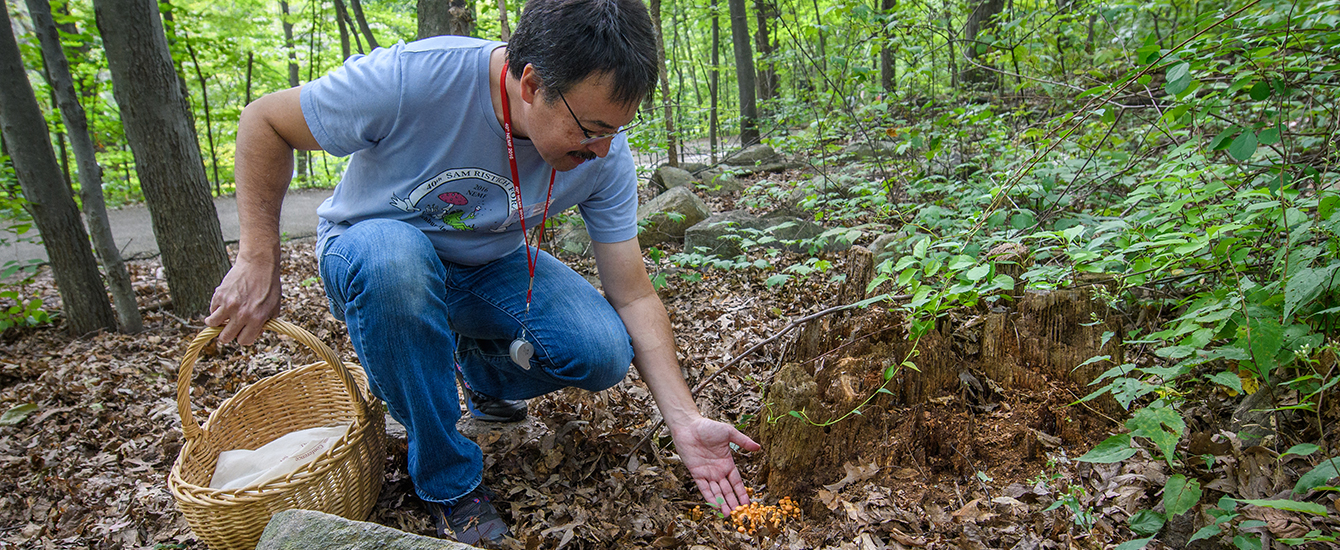Biology
Evolution of helotialean fungi (Leotiomycetes, Pezizomycotina): A nuclear rDNA phylogeny
Document Type
Article
Abstract
The highly divergent characters of morphology, ecology, and biology in the Helotiales make it one of the most problematic groups in traditional classification and molecular phylogeny. Sequences of three rDNA regions, SSU, LSU, and 5.8S rDNA, were generated for 50 helotialean fungi, representing 11 out of 13 families in the current classification. Data sets with different compositions were assembled, and parsimony and Bayesian analyses were performed. The phylogenetic distribution of lifestyle and ecological factors was assessed. Plant endophytism is distributed across multiple clades in the Leotiomycetes. Our results suggest that (1) the inclusion of LSU rDNA and a wider taxon sampling greatly improves resolution of the Helotiales phylogeny, however, the usefulness of rDNA in resolving the deep relationships within the Leotiomycetes is limited; (2) a new class Geoglossomycetes, including Geoglossum, Trichoglossum, and Sarcoleotia, is the basal lineage of the Leotiomyceta; (3) the Leotiomycetes, including the Helotiales, Erysiphales, Cyttariales, Rhytismatales, and Myxotrichaceae, is monophyletic; and (4) nine clades can be recognized within the Helotiales. © 2006 Elsevier Inc. All rights reserved.
Publication Title
Molecular Phylogenetics and Evolution
Publication Date
11-2006
Volume
41
Issue
2
First Page
295
Last Page
312
ISSN
1055-7903
DOI
10.1016/j.ympev.2006.05.031
Keywords
Ascomycota, ecology, Endophytic symbiosis, life history, plant pathogens
Repository Citation
Wang, Zheng; Binder, Manfred; Schoch, Conrad L.; Johnston, Peter R.; Spatafora, Joseph W.; and Hibbett, David S., "Evolution of helotialean fungi (Leotiomycetes, Pezizomycotina): A nuclear rDNA phylogeny" (2006). Biology. 268.
https://commons.clarku.edu/faculty_biology/268



